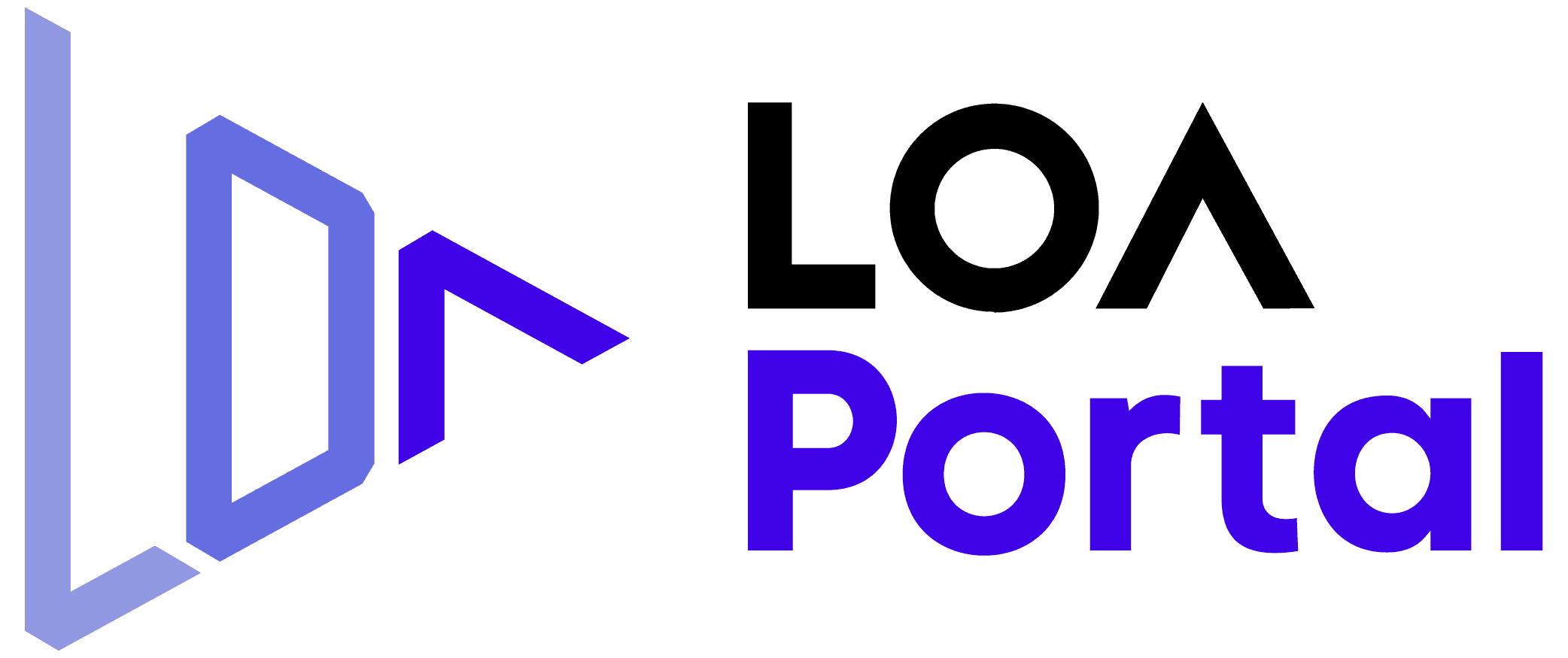Details of 6 steps for a Canada study visa
Canada is renowned for its stunning landscapes and diverse culture and its world-class education system as well. This article will provide a complete guide on how to apply for a Canada study visa.


LOA Portal’s Team is a group of education and immigration professionals passionate about helping students achieve their study abroad goals in Canada. Guided by an RCIC-IRB licensed immigration consultant and supported by Canada’s IRAP program, the team combines industry expertise with firsthand experience to deliver accurate, student-focused information and services.
